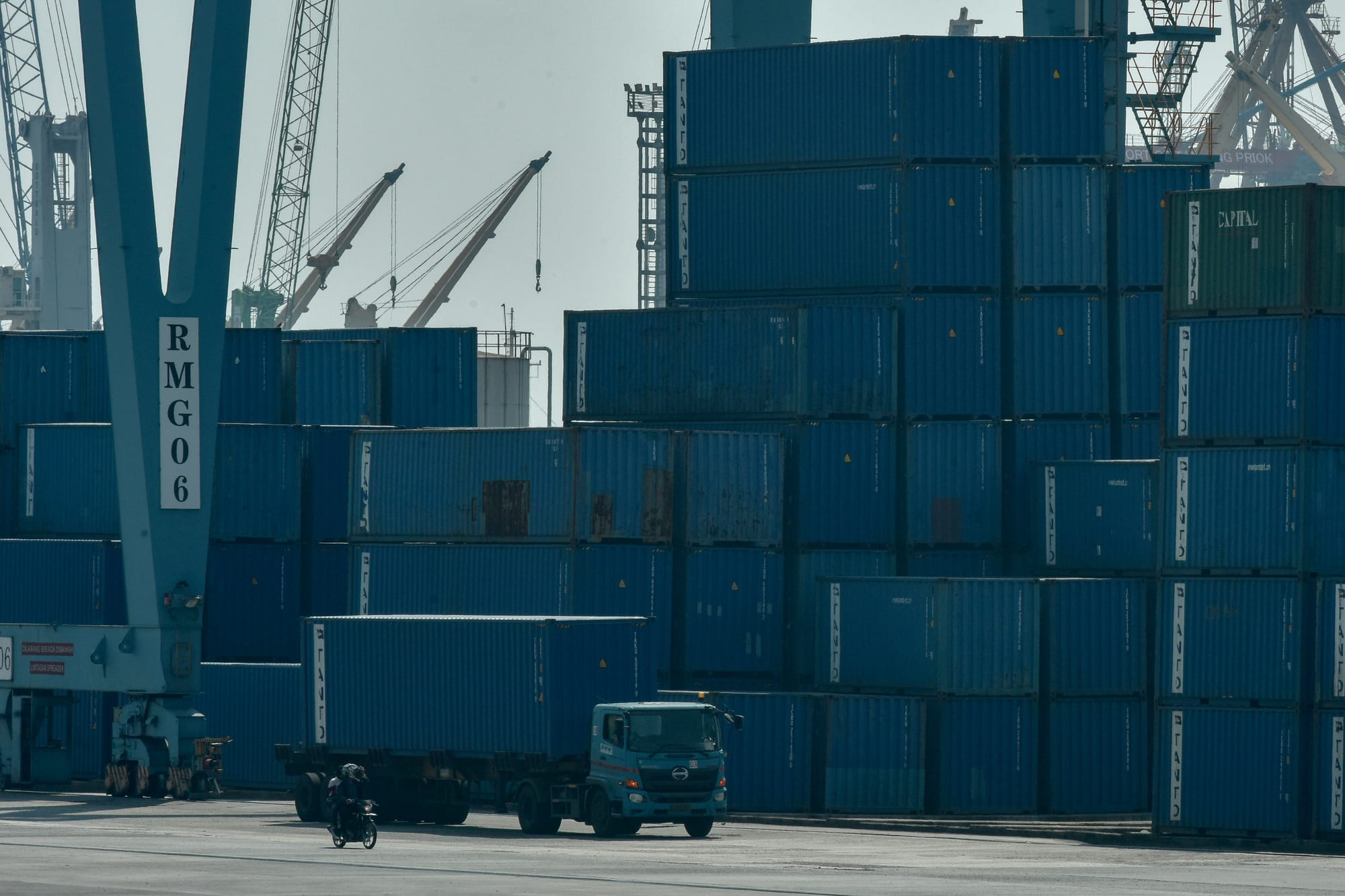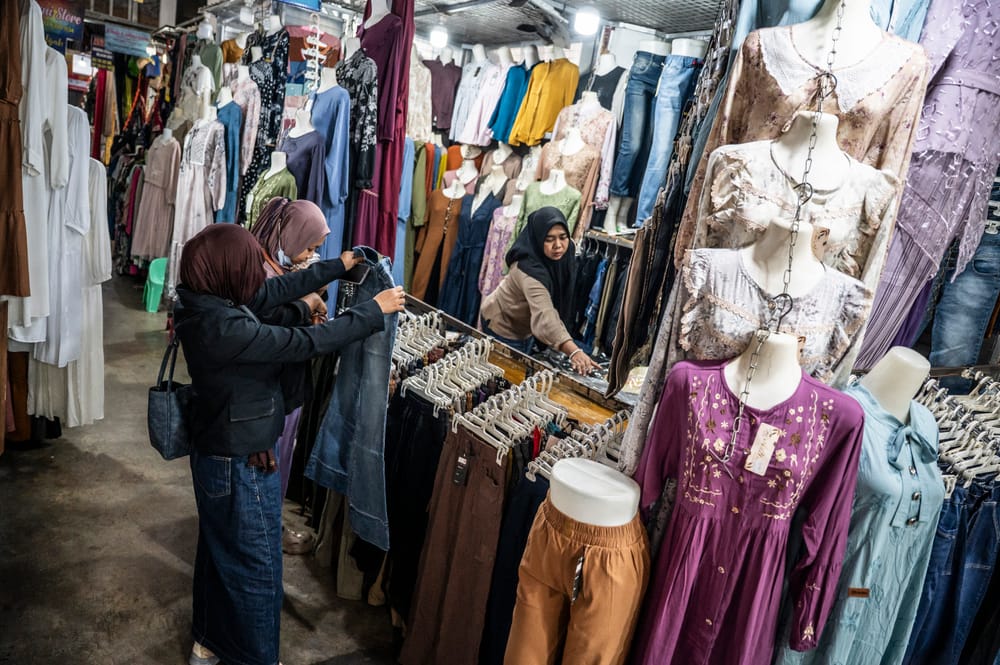For entrepreneurs, legal certainty is very important to ensure that businesses continue to run and survive amid global economic instability.
Without it, business calculations are difficult to make, investments are reluctant to flow, and export opportunities that have already been pioneered can run aground along the way.
Vice Chairman of the Indonesian Employers' Association (Apindo), Sanny Iskandar, said that legal certainty is not only what is written on paper but is like a sacred book whose commands are always followed.
He explained that there are two forms of certainty that are the basis for every entrepreneur, namely regulatory certainty and security certainty.
"Starting from overlapping regulations between ministries and institutions, both at the central and regional levels, to sudden and inconsistent policy changes. That is often difficult to calculate in business planning," said Sanny when met after a press conference in Jakarta, Tuesday (29/07/2025).
In addition, problems such as non-transparent licensing fees or different implementation of regulations in the field often confuse entrepreneurs.
"Sometimes the implementation can also change along the way," Sanny continued.
In fact, he said, for entrepreneurs, investment calculations depend on predictions of costs and potential income.
If the costs to anticipate regulatory changes and security disturbances cannot be predicted, the investment plan will be hampered. "That is what ultimately becomes a burden for business actors," he said.
A number of legal cases that have recently emerged have begun to attract the attention of business actors. One of them is the naming of Tom Lembong, who once served as Minister of Trade in the 2015–2016 period, as a suspect.
He was sentenced to 4.5 years in prison for alleged violations of sugar import regulations. Tom was considered to have issued import permits when national sugar stocks were in surplus, so the policy was considered unnecessary and detrimental to the state.
In fact, the regulations governing sugar trading have undergone several changes, including revisions to the Regulation of the Minister of Trade and Industry Number 527 of 2004 which was then replaced by Permendag Number 117 of 2015, and last updated through Permendag Number 14 of 2020.
Feeling safe
Sanny continued that another most important factor in doing business is security certainty. Sanny emphasized that disturbances can come from many parties and in various forms, including political factors.
"Politics can indeed all be politicized, yes," he said.
Although not always directly related to government stability, various pressures or disturbances in the field make security costs difficult to calculate. Consequently, entrepreneurs find it difficult to ensure income and cost projections, two crucial components before deciding on an investment.
"The first is to provide guarantees of certainty from the policy and regulatory side and certainty from the security problem side," said Sanny.
He reminded of the importance of the role of the authorities in maintaining security, as well as the hope that the policies made are truly consistent and their implementation is in line between the central and regional levels.
Concrete steps such as simplifying licensing and ensuring the implementation of regulations such as updating the Domestic Component Level (TKDN) after a reciprocal tariff agreement with the US are expected to be announced soon, in order to provide a sense of security for investors.
"In the midst of global dynamics and domestic pressures, consistent policy reform, clear regulations, and maintained security are no longer just an option, but an urgent need," he said.
Domestic improvements
Chairman of Apindo, Shinta Kamdani, added that the success of foreign diplomacy, such as efforts to obtain lower export tariffs to America, must be balanced by improvements at home.
According to her, export and investment competitiveness is not enough to just rely on tariff incentives.
"But it must also be done with legal certainty, logistics efficiency, mineral energy, labor cost, and industry-friendly regulations," said Shinta.
Without strong legal certainty, export and investment opportunities that have been pioneered could be hampered at the implementation stage.
"Structural information, especially design cloud today, is a primary requirement for us to build a national economic foundation," he said.
This strong foundation is believed to help the business world survive and grow, even though global and domestic pressures continue to persist.
The government also realizes the importance of credible regulations. Minister of Finance Sri Mulyani, through a press conference of the Financial System Stability Committee (KSSK), emphasized that the government, together with Bank Indonesia, the Financial Services Authority, and the Deposit Insurance Corporation, is committed to completing the implementing regulations mandated by the P2SK law.
"We will continue to consult with various parties, including industry and the public, so that the process and implementing regulations can be designed credibly," said Sri Mulyani when concluding the KSSK presentation at her press conference (28/07).
Sri Mulyani also explained that the government is not only relying on fiscal policy alone. From incentives for the renewable energy sector, public housing programs, to cross-ministerial cooperation, everything is designed to keep the real sector moving.
This coordination of fiscal, monetary, and regulatory policies is expected to maintain the stability of the financial system while encouraging job creation.
The latest figures also show a warning signal. Indonesia's manufacturing PMI is still below 50, indicating a contraction in the manufacturing sector.
"We hope that the theme of economic growth is driven through fiscal, monetary, OJK, and regulatory support," said Sri Mulyani.
The hope is that coordinated and responsive policies can create confidence for business actors.
On the ground, the challenges faced by the business world are increasingly real. Data from the IMD Competitiveness Ranking shows that Indonesia still has a lot of homework to do: the institutional framework ranking is in 51st position (down 26 places), business legislation is in 49th position (down 7), and the societal framework is in 47th position (down 8).
Executive Director of the Center of Economics Law Studies (Celios), Bhima Yudhistira, said that there are three problems with licensing.
“Too many licensing windows and expensive bureaucratic costs, lengthy bankruptcy processes, and complicated export-import document processing. These three things urgently need to be reformed,” said Executive Director of the Center of Economics Law Studies (Celios), Bhima Yudhistira.
All these steps, he said, are important to reduce the risks and unexpected costs faced by business actors. Without these reforms, efforts to attract new investment will be difficult to succeed.






